Airmanship Skills - SM4 Safety Articles & Resources
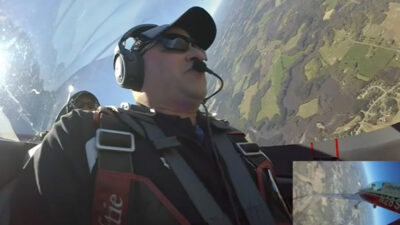
Rise Up for the Next Generation
There is no doubt in my mind that flying is the way mankind is meant to travel, yet the continued success and growth of the industry requires a refined approach to safety. As someone who flies commercially and with a new interest in a career in aviation, I want the reassurance that the pilot in command (PIC) and crew are adequately prepared if and when an aircraft ends up in an upset.
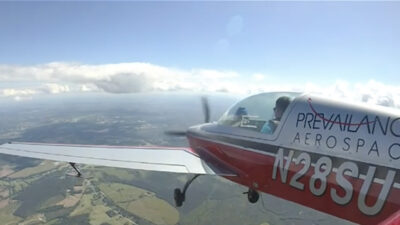
Three Considerations That Set Pilots Up for Success
Constantly reviewing aviation accidents and incidents is challenging. As an instructor, it is not only the injuries and fatalities that make it hard, but the sheer magnitude of avoidable aspects of each incident. These safety reports prove that every Pilot in Command (PIC) is accountable for what transpires.
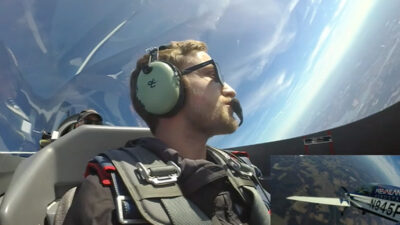
The Denominator Is not Common
When was the last time you identified the “goods” and “others” of any given event to improve efficiency and effectiveness? If it’s been a while, bring these words back into your daily routine. There is merit in shared experiences and the refinement of small nuances to create significant value. No organization or person in it is perfect.

Passenger Pressure
The vast quantity of knowledge that must be stuffed into a pilot’s head is just one reason only 0.2% of the U.S. population has at least a Private Pilot Certificate. As the ratings grow, the percentages decrease even further. There are a variety of reasons the pilot population is small and dwindling. Having the self-discipline to get all that knowledge into one brain through study, training and experience is daunting and costly. However, once you get paid to fly, it’s all worth it.
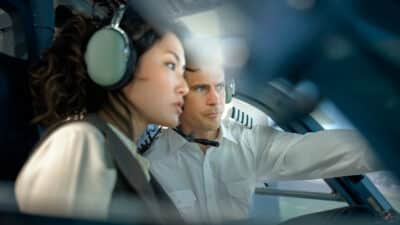
Are You Committed to Excellence or Minimum Standards?
When was the last time an aviation colleague asked you (or you asked yourself), “Is this good enough?” And what does “good enough” really mean? In my opinion, the very question constitutes an attitude of mediocrity. The real question for true aviation professionals should be: “Is good enough ever really good enough in any business or private aviation pursuit?” So many times, we use the descriptive phrases “world-class,” “best-in-class” and “excellence.” But do we really mean them, or are they simply “ear candy” because they sound good?

Got eVTOL?
Electric vertical take-off and landing (eVTOL) vehicles bring out the very best futuristic, gravity-defying and green versions of us all. The idea is not entirely new, offering vertical movement with lateral mobility and making the concept of a runway almost trivial.
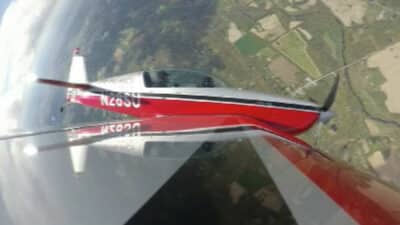
Safe Flights—It Takes All of Us!
Aviation safety is crucial to safeguarding human lives and preserving public trust in air travel. There are many factors and components of aviation safety. Human factors, aircraft design, maintenance, air traffic management, operational procedures, regulations, training and education, to name a few.
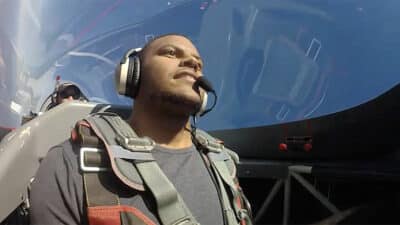
Take the Stairs!
It is only human nature to seek the easy button and attempt to expedite the path to understanding and mastering skills. Unfortunately, this streamlined approach is inconsistent and far less effective than its more methodical, and occasionally longer, counterpart.
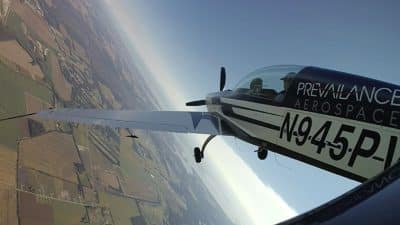
Get Yourself to Yes
I am not a picky eater, but I was 40 years old before I ever ate a Brussels sprout. My grandfather didn’t eat them, my father didn’t eat them, and I’ll be gosh darned if I was ever going to have one cross the plane of my mouth. (Stick with me—there’s a connection to aviation training and safety here!)
